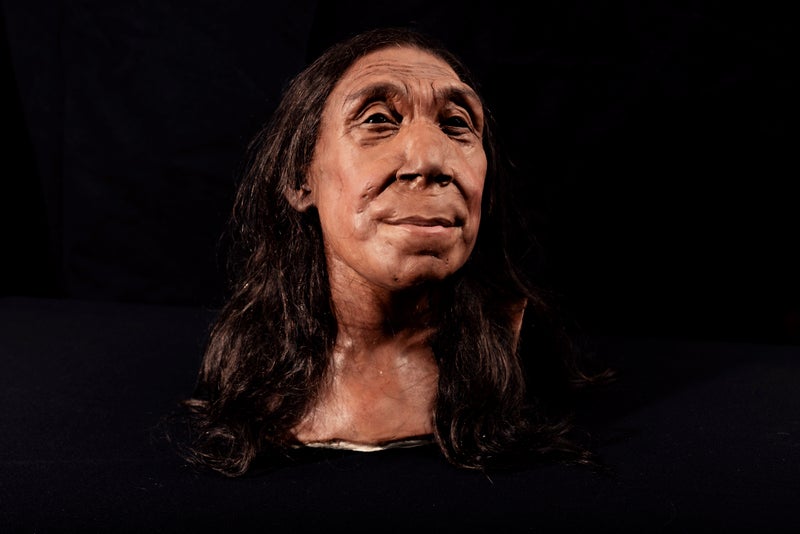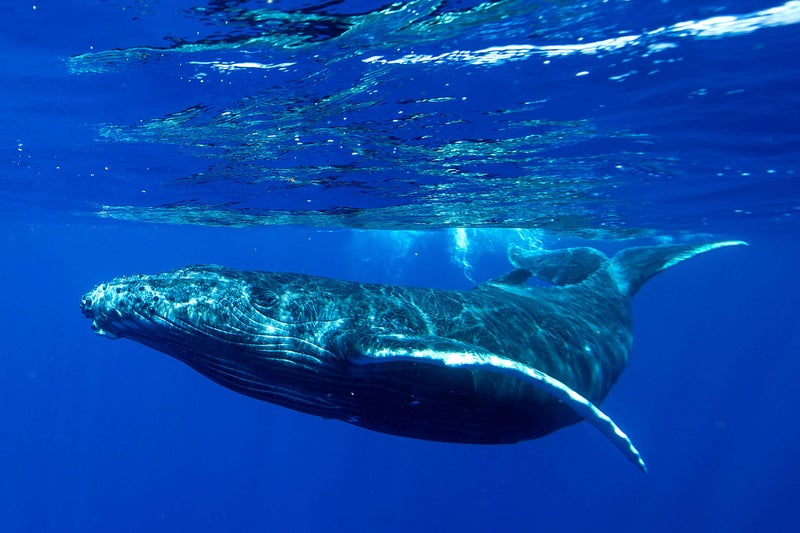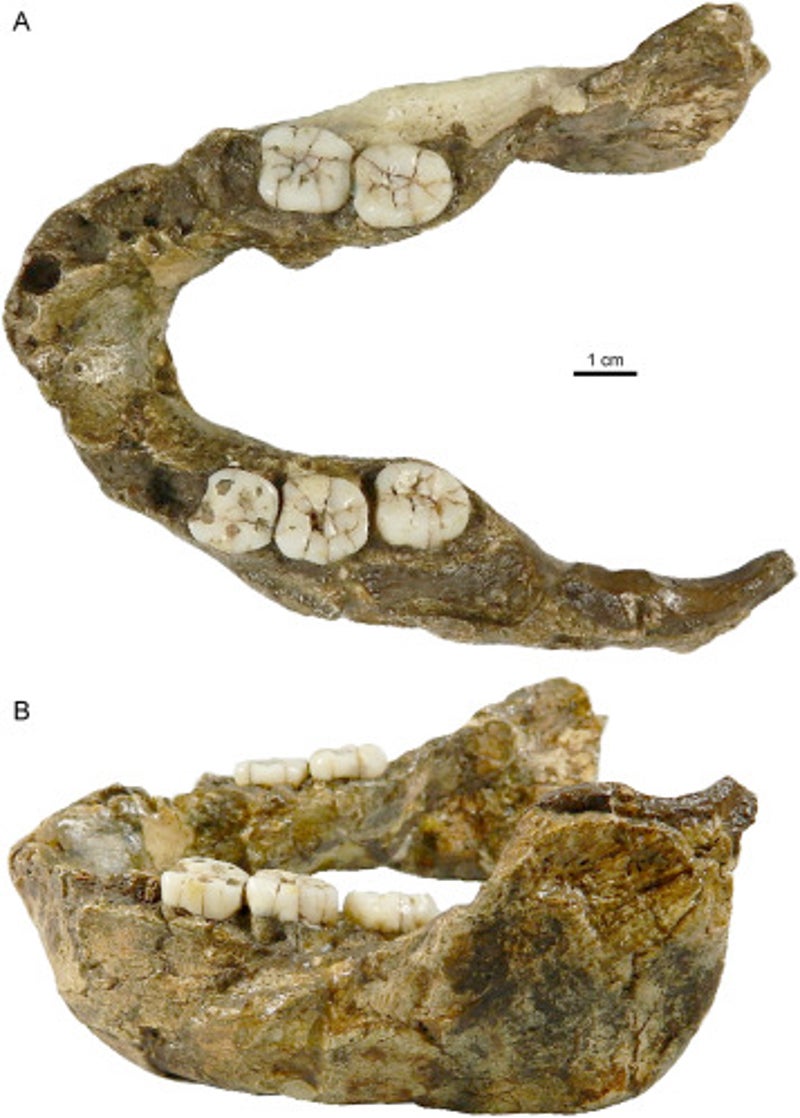The evolution of human speech – a cornerstone of our survival and dominance – may be linked to a specific genetic variant, new research suggests.
Dr Finestack said it’s more likely the genetic findings might someday allow scientists to detect, very early in life, who might need speech and language interventions.
The ability also depends on things like anatomical features in the human throat and areas of the brain that work together to allow people to speak and understand language.
Dr. Robert Darnell, an author of the study and a long-time researcher of NOVA1, believes this variant is among the genes that “contributed to the emergence of Homo sapiens as the dominant species”.
But though FOXP2 is involved in human language, it turned out that the variant in modern humans wasn't unique to us.































